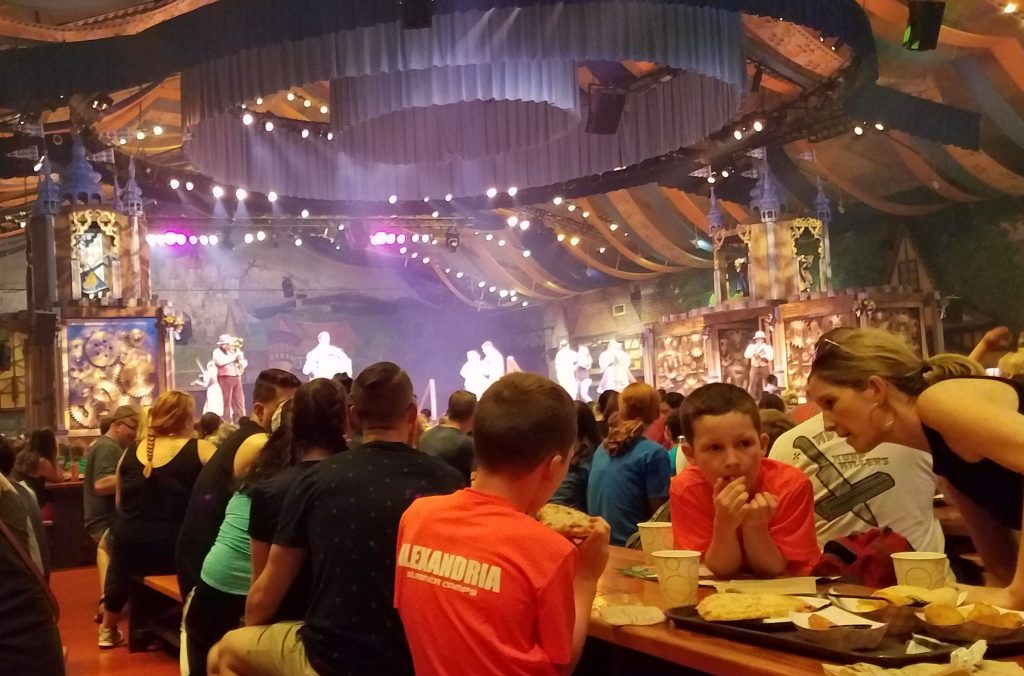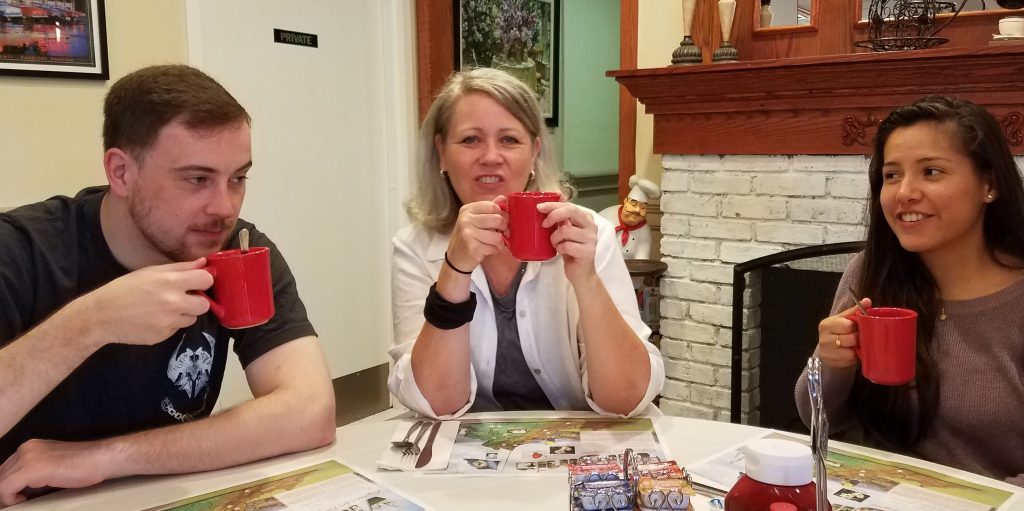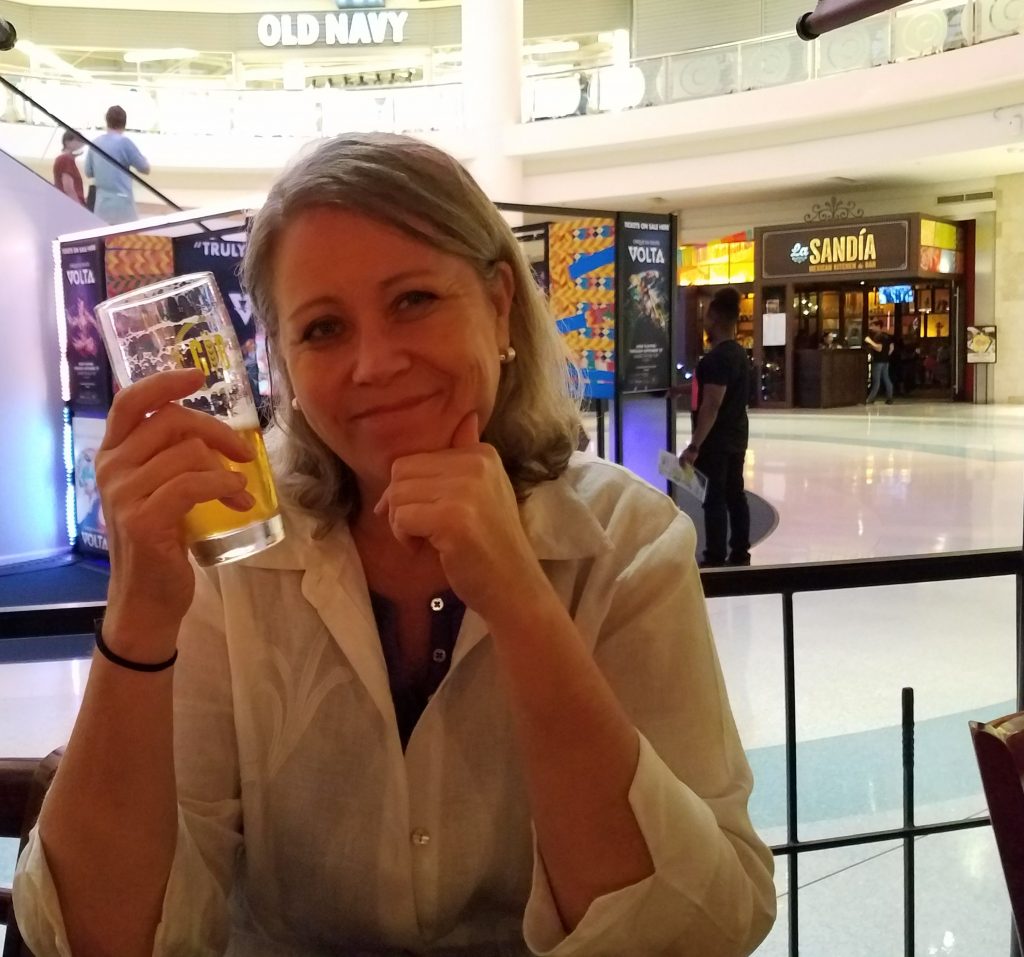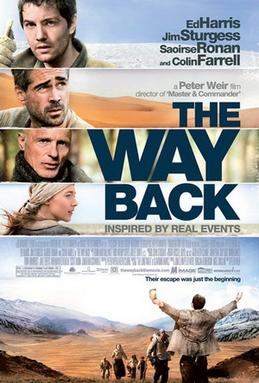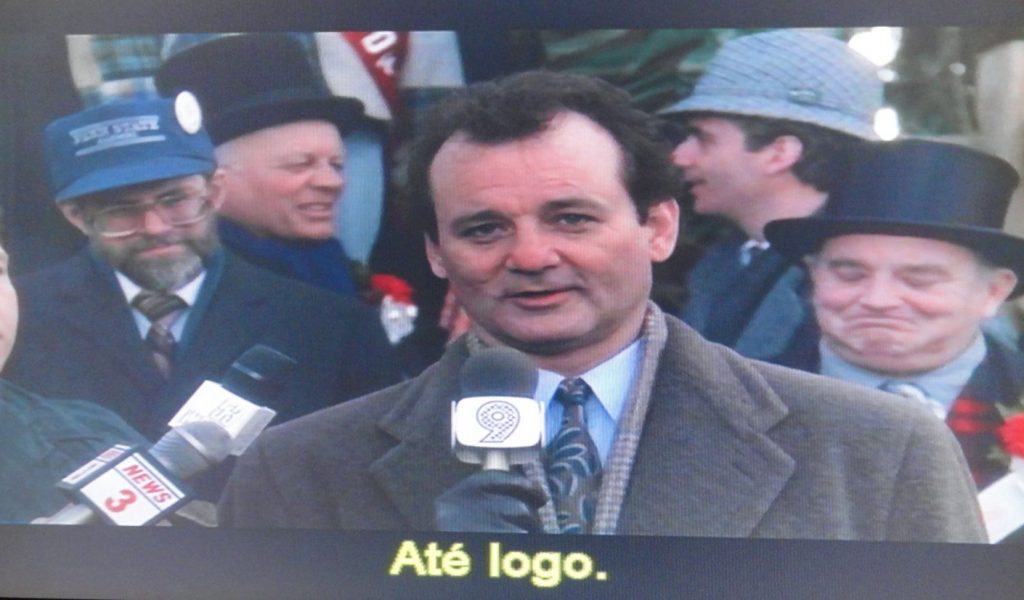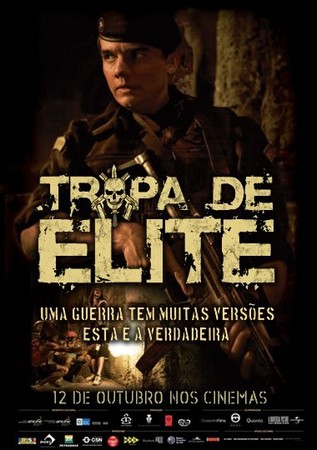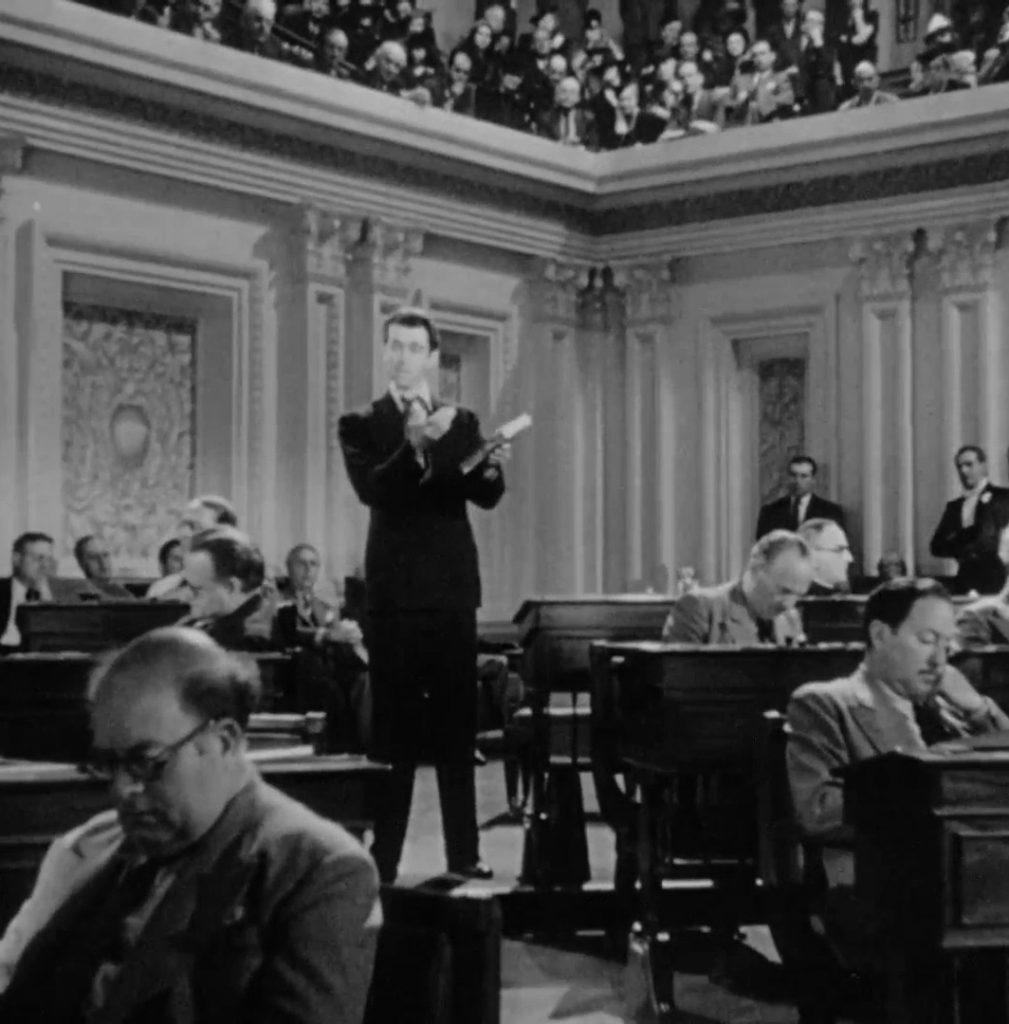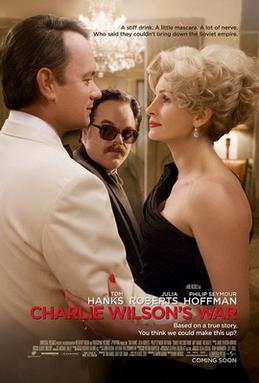Went to Amber Ox in Williamsburg with Mariza & Brendan. We will go to Busch Gardens tomorrow.
We have enjoyed Busch Gardens since the 1980s. I still enjoy the roller coasters, but I find my advancing age pounds me harder, so I cannot stand to go time after time. A nice thing is that Busch Gardens is pretty. It is a garden, as the name implies. I also appreciate the landscape planning. The park is compact, but you get the impression of significant distance as you pass from one of the theme areas to another.
Whole family went down to Busch Gardens. I like Busch Gardens more than most amusement parks because it is really a garden. They do an excellent job of keeping the trees and plants healthy. In one of my pictures you can see their horse pasture. I noticed that the large white oak in the middle is very robust.
It has a European theme, going from England, Ireland, Scotland, Germany, Italy & France, including New France, i.e. frontier Canada. It is well laid out, giving the impression of more space than is actually there. Such parks are good places to test out theories and practices of urban planning.
We spent a lot of time in the Festhaus in Germany with the beer and brats.
I enjoy the roller coasters. Unfortunately, my body is not as resilient as once was and if I go too much I get queasy headache. But I enjoyed twice on Apollo’s Chariot, once each on the Griffin and Invader. Apollo’s Chariot and Griffin both feature an exciting initial plunge. You go straight down and cannot see the tracks. It is worth the extra wait to be in the front car for that reason.
We stayed overnight in Williamsburg. Watched “Fast and Furious 7”. I generally dislike car movies, but this one was fun because it was self-aware and made fun of its own excesses. In one scene, the cars drop out of an airplane and the drivers seem able to steer while falling through the air. In another Dwayne – “the Rock” – Johnson needs to help his friends. He has a broken arm, but flexes his massive muscle and breaks out of the cast. After that, former broken arm not hindering, he takes a 50 caliber machine gun and shoots up various bad guys.
Brendan seems a real expert on these movies and his commentary was useful. Chrissy & I are now going to watch “Fast and Furious 8,” which is widely acknowledged to be the best of the genre. And we have on the list to watch “Hobbes and Shaw”, where the Rock (Hobbes) teams up with erstwhile bad guy Shaw to stop a rogue British agent, who coincidentally is Shaw’s sister. Can’t wait.
“Hobbes & Shaw” is designed to further the “Fast & Furious” franchise while icing out Vin Diesel. The word is that he and the Rock get along poorly. Vin rightly sees the Rock as a bigger and better version of himself. The Rock has real charisma, while Vin is just ersatz. Who knew there was so much to know?




